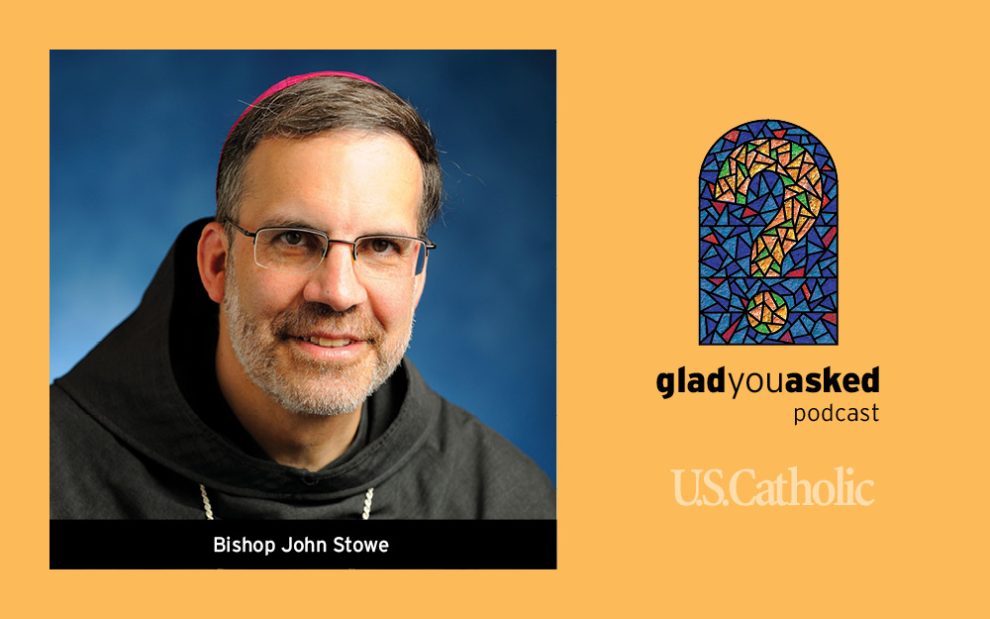The earliest documented use of the term pro-life was in a book on parenting and child education. The book, Summerhill: A Radical Approach to Child Rearing, by A.S. Neil, was published in 1960 and contained the statement that “no pro-life parent or teacher would ever strike a child. No pro-life citizen would tolerate our penal code, our hangings, our punishment of homosexuals.”
However, that’s not how the term is typically used today. In the early 1970s, following Roe v. Wade, anti-abortion activists began using the term pro-life in reference to their opposition to legalized abortion. Even then, many activists thought being pro-life ought to entail a holistic approach to life issues: that people should oppose not only abortion, but also war, the death penalty, income inequality, and racism.
This idea that pro-life ought to refer to all life really began to pick up steam in 2016, partially as a response to the mainstream pro-life movement’s alliance with far right political leaders. Today, many people who used to identify as pro-life no longer do so. They feel the term has been tarnished.
Should “pro-life” mean opposition to abortion, or should it be more inclusive? Has the term been compromised by its association with various political agendas? And how should Catholics respond to this debate?
On this episode of Glad You Asked, the hosts talk to Bishop John Stowe about what it means to be a pro-life Catholic. Stowe is bishop of the diocese of Lexington, Kentucky and a priest in the Order of Friars Minor Conventual. In keeping with the Franciscan tradition, Stowe has long been a pastoral voice for justice for the poor and for environmental justice. He’s also spoken repeatedly for immigrant rights and LGBTQ+ inclusion.
Learn more about this topic in these links.
- “U.S. Catholic readers critique the pro-life movement,” by Kathleen Bonnette
- “As election nears, Catholics reflect on abortion politics,” by Cassidy Klein
- “4 ways progressive pro-lifers can reengage with Democratic leaders,” by Rebecca Bratten Weiss
- “Will the synod listen to women on reproductive issues?” by Ashley Wilson
- “In debates about reproductive health, listen to Black women,” a U.S. Catholic interview
- “A new way to think about the ‘consistent ethic of life’,” by Steven P. Millies
- “It’s Time to Move Past the Pro-Life / Pro-Choice Dividing Line,” by Rebecca Bratten Weiss
- “Do restrictive abortion laws actually reduce abortion? A global map offers insights,” by Michaeleen Doucleff
- “The movement against abortion rights is nearing its apex. But it began way before Roe,” by Deepa Shivaram
Glad You Asked is sponsored by the Claretian Missionaries.














Add comment